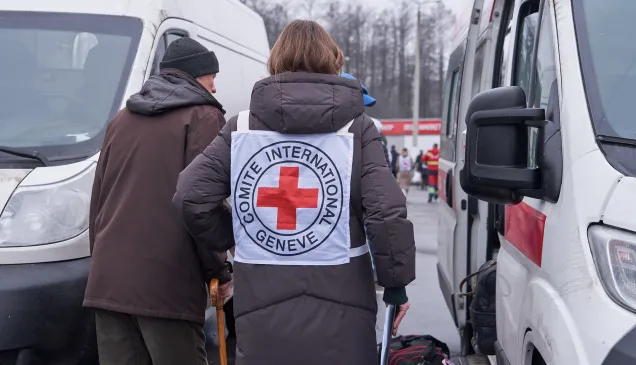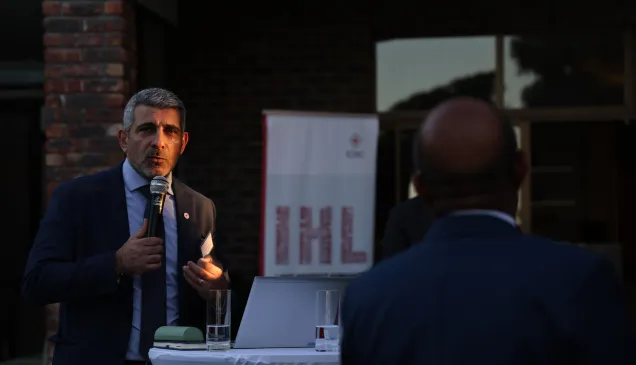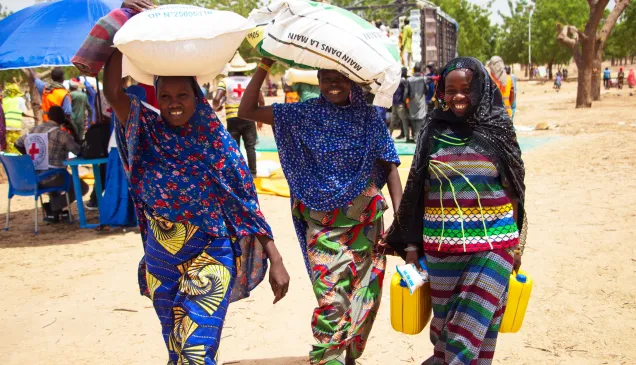ICRC's statement to the World Humanitarian Summit
Statement to the World Humanitarian Summit, given by Hugo Slim, Head of Policy at the International Committee of the Red Cross.
Your Excellencies, Ladies and Gentlemen,
The ICRC hopes this Summit will deliver lasting practical improvements in humanitarian action that see many millions of people better protected and assisted in armed conflicts.
Practical humanitarian action must stay at the centre of the Summit's vision and plans.
The ICRC has a clear view of today's humanitarian priorities from our operations on the ground.
We ask the Summit to make real progress in two vital areas of humanitarian operations:
- Meeting people's needs in armed conflict
- Supporting a variety of distinct humanitarian actors
Meeting People's Needs
Strengthening respect for international humanitarian law (IHL) is the single most important way to improve the lives of civilians, the wounded, detainees and others not participating in hostilities.
The Summit needs to make clear impact here. The ICRC stands ready to help all parties to respect and ensure respect for IHL.
Significant improvements are also required in the protection of particular groups of people affected by armed conflict.
IDPs need a new deal that protects them today and integrates them into State services to enjoy a better future.
Migrants need to be treated with humanity and in line with international law.
People with disabilities and the elderly need to be properly included in humanitarian action.
Urban populations are now increasingly bearing the brunt of armed conflict. Humanitarian response needs to get better at meeting urban needs.
The Summit also needs to back investment in education and cash transfers as new fields of humanitarian action.
Education has come of age as a vital form of humanitarian action. Children need to be protected at school and to continue learning during armed conflict.
Cash has proved itself an effective and dignified way to support civilians affected by armed conflict in many situations.
People affected by protracted conflict have long and short-term needs. They need protection urgently. They also need resilient infrastructure and services that ensures their means of survival throughout the conflict.
Supporting a Variety of Humanitarian Actors
People are the main agents of their survival in armed conflict. Their dignity and needs must be our starting point.
Local authorities and local humanitarian actors are essential too. They must have greater empowerment and support.
Armed conflicts also require neutral and impartial humanitarian action by international actors like the ICRC.
There is not one humanitarian system but a lively ecosystem of distinct humanitarian actors. People in armed conflicts and disasters are not best served by a single humanitarian machine. Principled diversity that cooperates to meet people's needs will serve them better.
We hope the Summit will be practical and deliver operational results that make a real change in people's lives.
Thank you.



